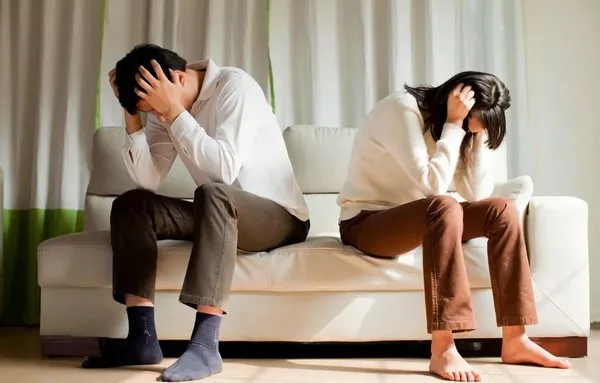A comprehensive new study from the National Marriage and Mental Health Institute reveals that 63% of married couples now report significant mental health struggles directly tied to their marital relationship – a dramatic increase from 42% just a decade ago.
Researchers identified several key factors contributing to this alarming trend, including financial pressures, social media comparisons, pandemic aftermath, and evolving gender role expectations. The study followed 5,000 couples over three years, finding that nearly 40% experienced depressive symptoms linked to marital stress, while 35% reported anxiety specifically about their relationship’s future.
Dr. Lisa Moreno, lead researcher, explains: “Modern marriage has become a pressure cooker for mental health issues. Couples today face stressors previous generations never encountered – from the ‘perfect marriage’ social media illusion to economic realities that require both partners to work exhausting hours.” The data shows particularly severe impacts on couples married 7-12 years, the period when marital satisfaction typically reaches its lowest point. Alarmingly, 58% of these “middle marriage” couples reported their mental health had declined since their wedding, with sleep disturbances, irritability, and emotional withdrawal being the most common symptoms.
Mental health professionals note a troubling pattern: most couples wait an average of six years after problems emerge before seeking help. “By the time they come to therapy, many have developed entrenched negative patterns,” says marriage counselor David Chen.
New interventions are showing promise, including “mental health check-ups” for couples and workplace programs that address marital stress. Some progressive companies now offer “marriage wellness” benefits covering couples therapy, recognizing that marital mental health directly impacts work performance.
















